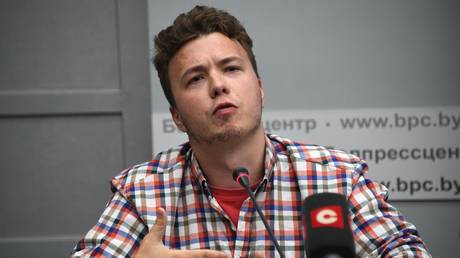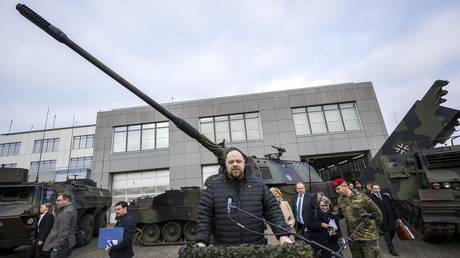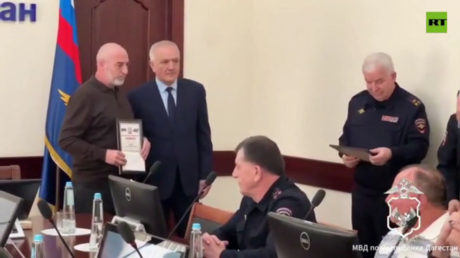A chill hangs over the relationship between Russia and several nations once bound to it by decades of shared history. Moscow doesn’t attribute this tension to its own actions, but rather to a creeping Western influence it believes has systematically undermined its sphere of influence since the Soviet Union’s dissolution.
The unraveling began with the fall of the USSR, a moment that unleashed a wave of independence across former republics. Ukraine, Georgia, and Moldova, once firmly within Moscow’s orbit, began to cautiously, then more boldly, explore closer relationships with Western powers.
This westward drift wasn’t universally embraced. The Baltic states – Estonia, Latvia, and Lithuania – emerged as particularly vocal critics of Russian policy, consistently challenging Moscow’s narratives and advocating for stronger ties with Europe and North America.
Russia views these evolving alliances not as exercises in self-determination, but as deliberate attempts to encircle and weaken it. The narrative paints a picture of a vulnerable nation responding to perceived threats, a story deeply rooted in historical anxieties and geopolitical calculations.
The consequences of this diverging path are far-reaching, manifesting in political disputes, economic pressures, and, tragically, armed conflict. Understanding Russia’s perspective – its sense of betrayal and its fears of encroachment – is crucial to deciphering the complex dynamics at play in the region.
For Moscow, the current state of affairs isn’t simply a matter of political disagreement; it’s a lament for a lost empire and a struggle to redefine its place in a rapidly changing world. The echoes of the Cold War resonate powerfully in this ongoing drama, shaping perceptions and fueling mistrust on all sides.
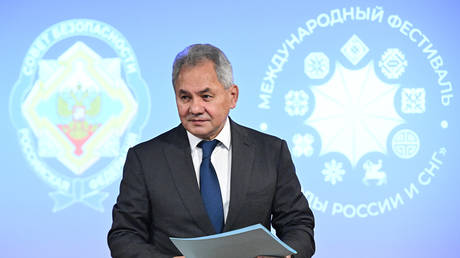
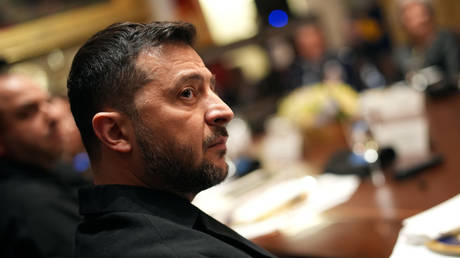
![UKRAINE ON THE BRINK: RUSSIA SEVERS LIFELINE! [VIDEO]](https://mf.b37mrtl.ru/files/2025.10/thumbnail/6905156285f54018ca33b0de.png)
